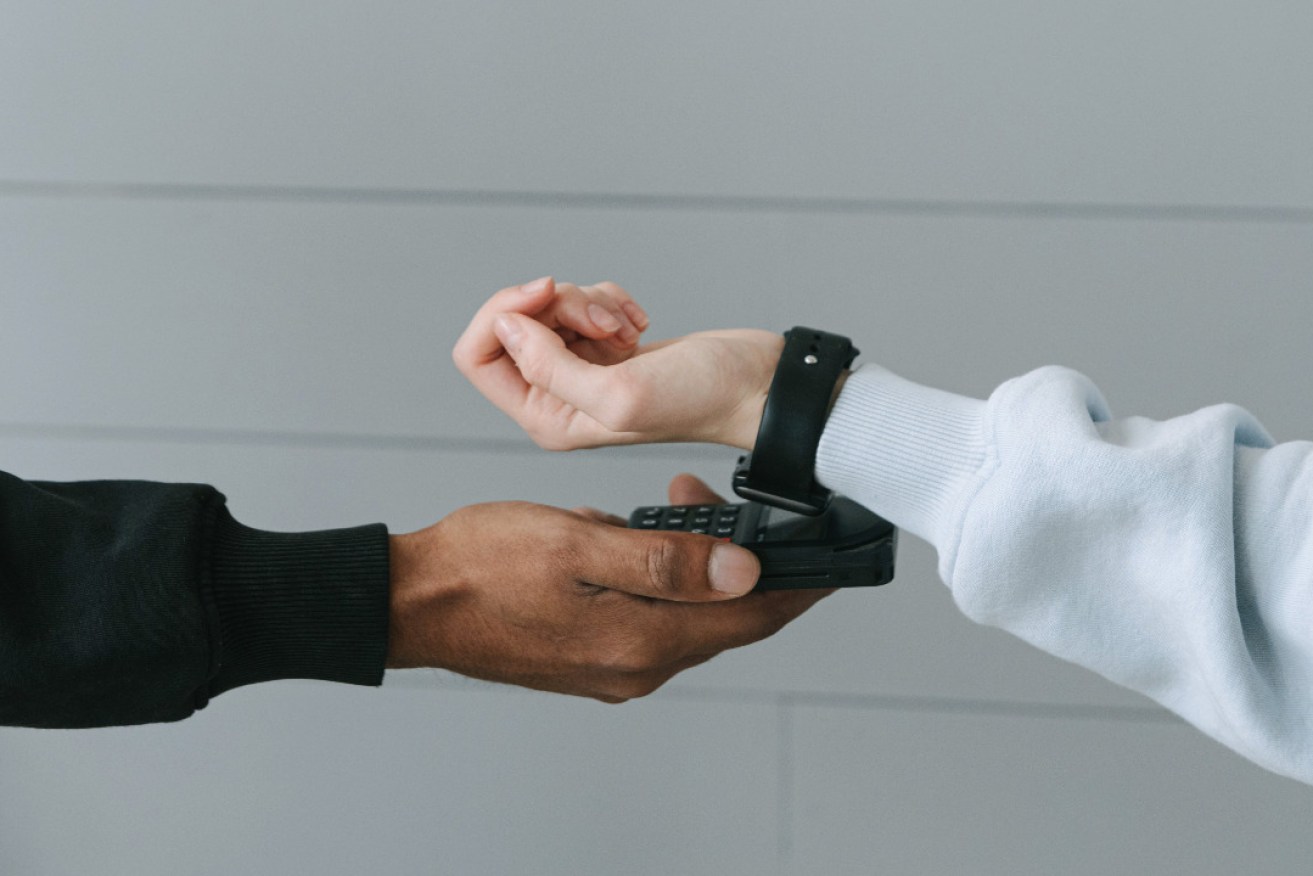Monopoly money: Why are we being charged card fees when there’s little choice?
With Australians among the highest users of electronic payments in the world, Ali Clarke wants to know why we’re still being slugged with surcharges simply for paying our way.


Kaching, kaching: why are we still being slugged surcharges when electronic payments are the norm? Photo: Ivan Samkov/Pexels
I am so sick of being punished for using a card.
Scratch that.
I’m so sick of being punished for using a card when I don’t have much of a choice.
Anyone else?
The idea of cash being king has gone the way of Lear. So why are we paying surcharge after surcharge, when using a card has become the norm rather than the exception?
I understand there is a card transaction fee charged to businesses themselves and, often, these charges are more onerous for small enterprises than the big multinationals, but surely these payments should be falling by now?
The Reserve Bank gave the go-ahead for these post-purchase stingers back in 2003, but just take a minute to think back to what life was like two decades ago.
We were headed into the Iraq war, Pauline Hanson was making political waves, terrorism was at the forefront of our minds as the Bali Bombers were sentenced and the Productivity Commission’s draft report on housing affordability conceded there was no miracle fix to the recent massive hike in prices.
Hmm… Okay, so perhaps there are some similarities.
But what is different today is that we can no longer rejoice in the jingling from our pockets as we run to the shops for milk whilst listening to Powderfinger or Beyonce on our iPods.
Going over to Nana’s now isn’t punctuated by a sly $5 note slipped into your hand “for a special treat after school on Friday just for you” and babysitter’s piggybanks aren’t stuffed with notes and coins saved for their next frosty lipstick.
Strippers were swiping plenty of things but not cards and, these days, a hand down the back of the couch results only in crumbs rather than coins.
Should we expect the massive financial institutions to roll back these payment acceptance fees? Unlikely.
The RBA reckons more than a billion dollars of moola has disappeared from circulation in the last financial year alone – the first time the overall level of cash has dropped since 1966. With their only stipulation being any card transaction fees can’t be “excessive” it seems there’s a rather bendy set of rules.
It’s no wonder then, with only the Australian Competition and Consumer Commission to hold merchants accountable, there has been just a handful of prosecutions over the last few years.
And I get it.
With small businesses under more and more pressure from increasing costs in utilities, supplies and wages, they have to reach for every bit of “fat” they can get.
Should we expect the massive financial institutions to roll back these payment acceptance fees? Unlikely.
It’s not like this has taken anyone by surprise, either.
Back in 2018, Australians were already the sixth highest users of electronic payments worldwide and the RBA’s then governor Philip Lowe forecast cash would be a “niche payment” within years.
Throw in a COVID pandemic where every touch supposedly had the potential to kill you, and all of a sudden we were ordering from our tables and buying clothes at three in the morning, accelerating the decline of cash three years ahead of schedule.
According to financial technology company FIS, as of last year, the total value of cash payments made in Australia represented just 6 per cent of the value of all point-of-sale transactions. It seems likely that will continue to drop.
Whether we like it or not, we’re all in this together.
And despite the challenges faced by some like my dad who still insists on going to the bank (when he can find one) so he can pay with the “hard stuff”, the new world works for businesses and government right? It makes sense.
There’s a reduced workload because people aren’t having to count cash and take it off to the bank, it’s safer which can then decrease insurance premiums, and there’s an easy “paper” trail of transactions.
And that’s when the big plus for government comes in.
Tax!
Have a think about every time a “mate” of yours paid for a tradie or nanny or for a car in cash.
Whilst it might only be a few dollars here, a couple of hundred there, with everyone doing that together, there are estimations that the coffers have been missing out on anywhere between six to eight billion dollars in revenue.
So, when it comes down to it, what are your rights?
Essentially, a business doesn’t have to accept cash at all but if that’s the case, they must clearly display the credit or debit card surcharge. If asked, they must be able to prove the surcharge is only there to cover their costs.
Seems pretty simple I know, but to me at least, it still seems strange that the response to “shut up and take my money’’ has become “no”, or, only if you pay a bit more.
Ali Clarke presents the breakfast show on Mix 102.3. She is a regular columnist for InDaily.
Clarification: This article has been edited to make it clear that the FIS data referred to cash payments as a proportion of the total value of transactions, not the number of total transactions.




